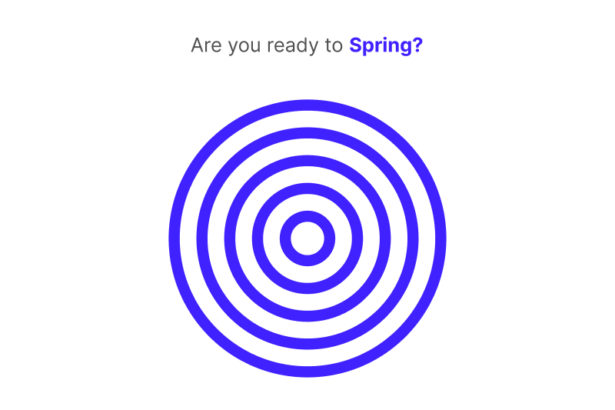Social and psychological support is vital for any person who is touched by cancer in any way. Most of it is available for those who have or are related to someone who has paediatric (under age 17) or geriatric (above age 40) cancers. Young adults (between ages 17-39) are often not even considered a significantly sized population to be provided any social-psychological aid, other than the medical treatment which merely focuses on the physical ailment. This complete lack of support becomes even more pronounced in cultures where cancer is considered a huge taboo, like in India.
My co-creator, Iwan Kurniawan, and I wanted to create an interactive digital flipbook to learn how to be resilient in the face of an adversity like cancer. We used the backward design model to design this experience. We were clear that we wanted to focus the young adult population and help them build resilience as a skill. However, given the limited amount of time we had, we decided to narrow down the scope of our solution to just learning about the five stages of grief. We decided that the learning outcomes would be – understand the different stages, identify which stage they are at, and reflect on how to move forward.
We decided we will help the readers achieve these learning outcomes by illustrating each stage through my own story as a young adult survivor who got diagnosed with incurable brain cancer, two years ago, at Harvard, when I was here to start the same program, right before the orientation. This story is taken from my book, ‘Don’t Ask Me How I’m Doing: Life, Death & Everything in Between.’ While the story isn’t prescriptive or recommends specific ways to deal with grief, it helps understand the different stages, identify each stage and demonstrate how I dealt with them. The prompts at the beginning and the end encourage deeper learning through reflection and connecting to the reader’s personal circumstances. Our hope is that this multimedia experience, with audio, images and large font smaller chunks of text, will be easier to consume for someone who has/had cancer, even if they are tired, fatigued or plainly exhausted.
We also hope that this will be relatable for those who aren’t anywhere remotely connected to cancer but have experienced loss in some way and are still grieving. The visually appealing and interactive format was intentionally selected to make it attractive for a young adult audience. The book can be utilized for personal development reading as well as for workshops related to building resilience and cancer advocacy.
Here’s the link to our final project – https://heyzine.com/flip-book/84b413e531.html



